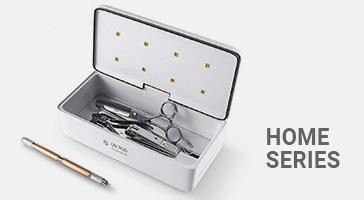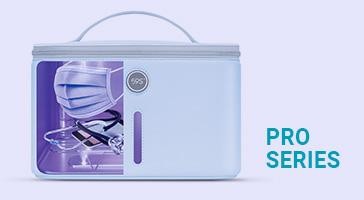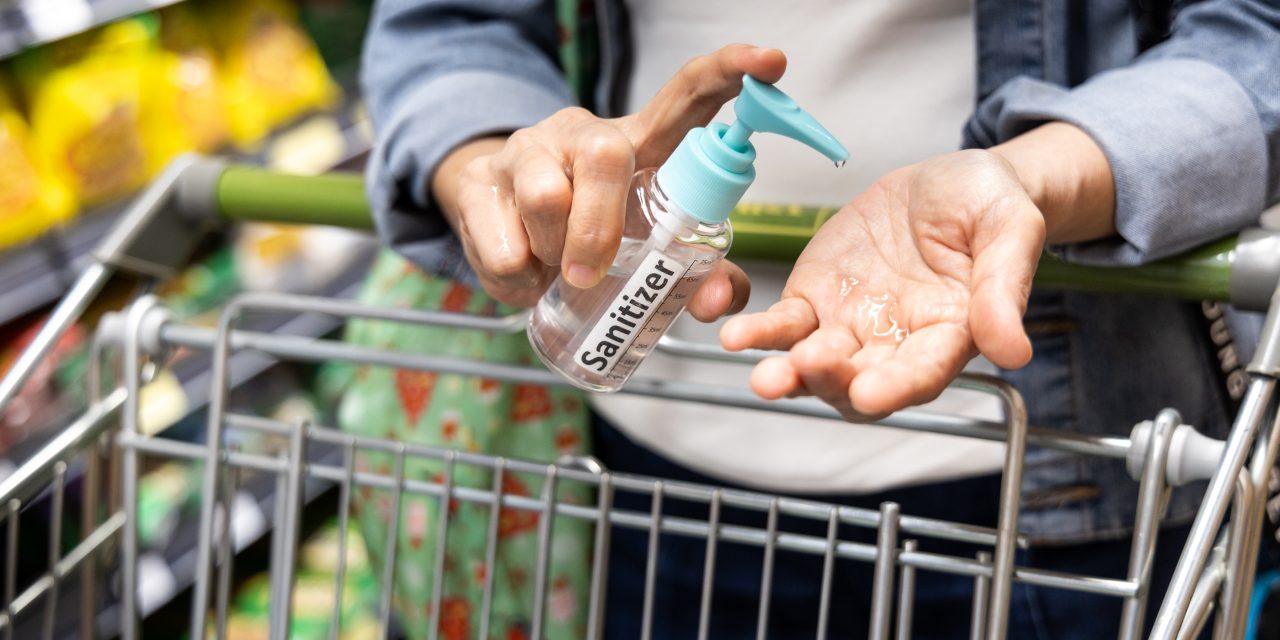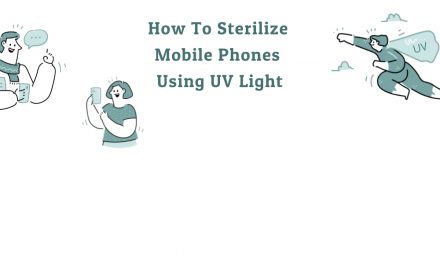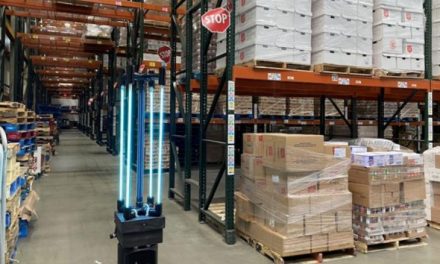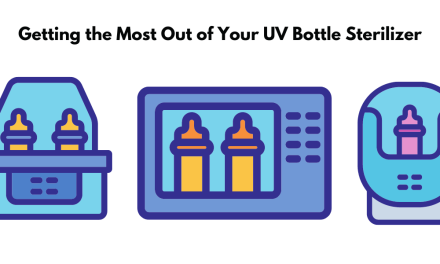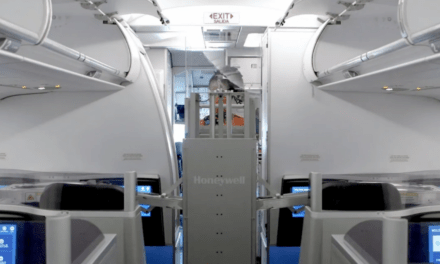Sanitizing groceries is taxing!
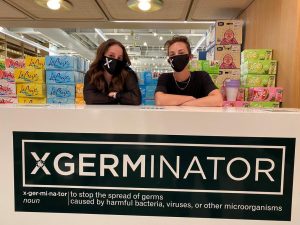
A couple of ladies from Toronto came up with the idea to sanitize the products you buy right at the checkout counter using UV light, and they have already piqued the interest of two of Ontario’s biggest grocery chains.
One of the ladies, Alyssa Mincer, said that she came up with the idea about a month ago while sanitizing her then-pregnant sister’s groceries.
“We were apprehensive about her giving birth amid the pandemic,” she said. “Our family made the decision that we would set regulation that must be observed at all times. We were determined to work together to make sure the newborn is safe.”
“One of the tasks that we religiously performed was sanitizing the groceries with bleached wipes, which is so taxing and boring,” said Mincer, “it also made me anxious since I wasn’t sure whether I was doing right.”
She then came across an ad for the UV light that can sanitize cellphones. She called her friend, Dara Gallinger, to brainstorm how to utilize the same technology to get rid of coronavirus on groceries.
When Alyssa called, Dara was already thinking about her options and considering moving into private equity. However, when she knew of Alyssa’s idea, “it seemed like something we should already be doing.”
After some days, the two women already partnered with a small company from Cambridge – Prescientx – that develops UV machines that can sanitize N95 masks to make them reusable.
There was evidence that proved UV-C hinders the DNA and RNA in different viruses – Covid included – to multiply, according to Bill Anderson, a University of Waterloo chemical engineering professor.
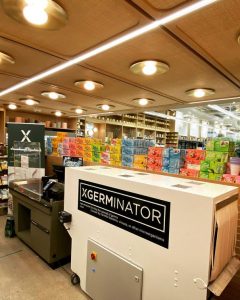
The technology was successfully tested last week at the Summerhill Market in the Annex. The machine costs between $40-50,000 and was too big to be stationed at the end of a checkout counter.
Currently, Alyssa and Dara are in the works of developing a much compact, less powerful unit that can be installed at a checkout counter. According to them, the machines will be out in the market in 90 days.
UV-C light may be harmful to humans, and direct exposure can cause injuries like sunburn. In the same way, it hinders the virus in multiplying, UV-C also rearranges human DNA and can generate cancer, according to Anderson.
However, he made it clear that using a unit as compact as the one used at Summerhill Market should be safe, so long as the operator wears plastic gloves to block the UV-C rays.
Most UV-C machines like the one tested by Alyssa and Dara use bluish light; Anderson explained that the color results from how the lamps work, and the naked eye couldn’t see UV-C.
The two women said they had no idea how their machine will appeal to the people, especially those who aren’t really conscious of the problems spurred on by Covid-19.
Surprisingly, though, the response has been overwhelmingly positive.
“Everyone, including those who cannot be bothered to wipe their groceries, said they would take advantage of this service if it is available in stores,” said Dara.
Anderson, who has been studying UV-C for three decades, has given his advice to technology companies like Prescientx.
According to him, in theory, UV-C would work well on grocery store products and other surfaces if hit with the right dose of light.
“In history, there isn’t a bacteria or virus that exists that isn’t susceptible to UV-C,” said Anderson.

